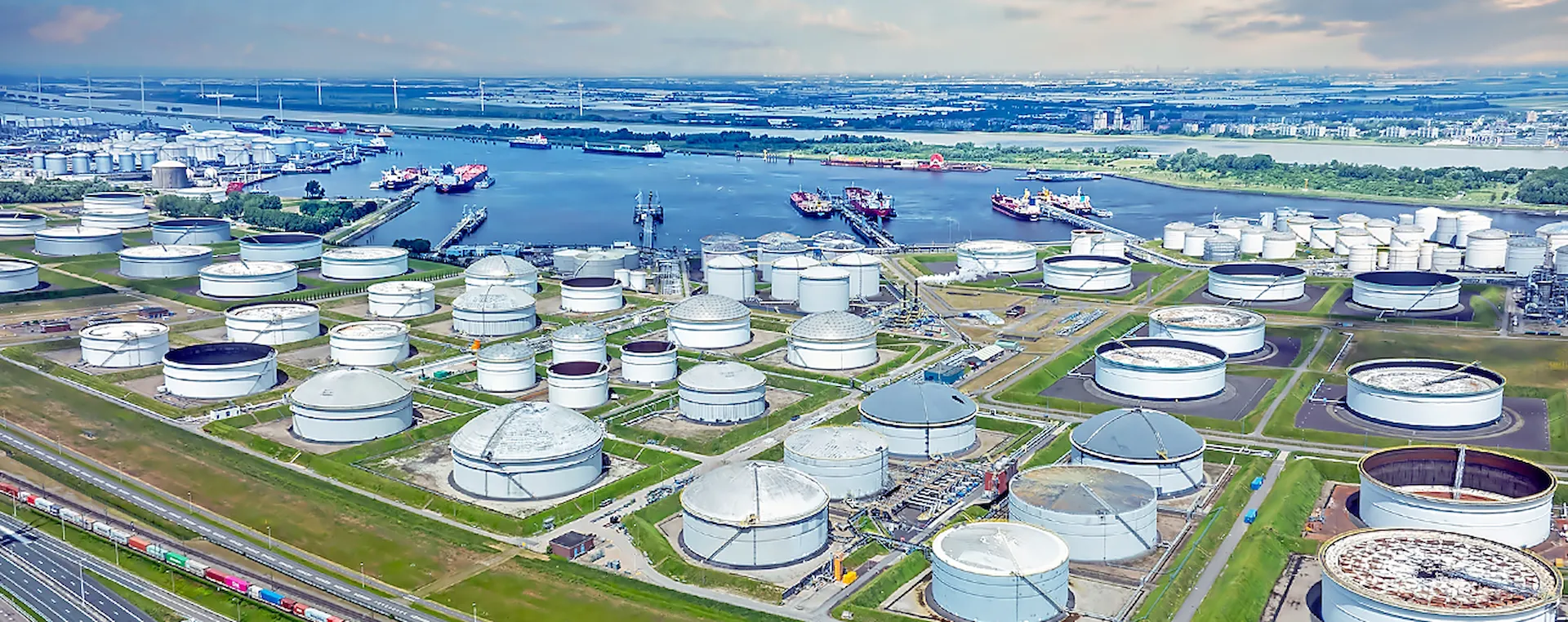
DNV’s Latest White Paper Highlights Biofuels’ Potential and Challenges for Shipping’s Decarbonization Efforts
(IN BRIEF) DNV’s “Biofuels in Shipping” white paper examines the potential of key biofuels like FAME and HVO to reduce greenhouse gas emissions and support compliance with maritime regulations. However, it warns of potential supply constraints as biofuel use grows. The paper highlights the limited current uptake of biofuels in the shipping sector but emphasizes their importance for decarbonization. It also discusses the operational and technical considerations for using biofuels in maritime applications, such as verifying fuel quality and compatibility with onboard systems. DNV stresses the need for sustainable and affordable biomass to ensure the long-term success of biofuels in shipping.
(PRESS RELEASE) BÆRUM, 17-Jan-2025 — /EuropaWire/ — DNV’s latest white paper, “Biofuels in Shipping,” explores the promising role of key biofuels, such as FAME and HVO, in reducing greenhouse gas (GHG) emissions and helping the maritime industry meet increasingly stringent environmental regulations. While biofuels offer substantial benefits, the paper warns that their widespread adoption may be limited by potential supply constraints in the future. The report also stresses the importance of safely integrating biofuels into the maritime sector, detailing essential operational and technical factors that need to be considered as biofuel use grows.
In 2023, the maritime industry consumed only 0.7 million tonnes of liquid biofuels, which accounted for just 0.6% of the global biofuel supply and a modest 0.3% of the total energy used in shipping. This highlights the current limited use of biofuels in the shipping sector compared to other industries. Despite this, biofuels remain a critical tool for reducing GHG emissions and complying with regulatory frameworks such as the Carbon Intensity Indicator (CII), EU Emissions Trading System (EU ETS), and FuelEU Maritime. For biofuels to be effective, they must meet rigorous sustainability standards and provide verifiable GHG reductions, typically through a Proof of Sustainability (PoS) or similar certification.
The white paper draws on insights gathered from in-depth interviews and surveys with eight biofuel suppliers and twelve shipping companies. It identifies more than 60 locations globally where biofuel bunkering operations have been carried out since 2015. The report also reveals that the ports of Singapore and Rotterdam together accounted for nearly half of the biofuels supplied to the maritime industry in 2023.
Knut Ørbeck-Nilssen, CEO of DNV Maritime, emphasized the potential of biofuels as a decarbonization option for shipowners: “While it is encouraging to see growth in the number of ports offering biofuels, the future success of the maritime biofuel market depends on securing a sustainable and affordable biomass supply, along with navigating competition from other sectors. Shipowners should take a comprehensive approach to decarbonization by combining energy efficiency measures with alternative fuels, and using biofuels when they are available and cost-effective.”
The report also delves into the technical and operational considerations of biofuel usage in the maritime sector. The majority of biofuel consumption in shipping currently comes from blends of biofuels like FAME and HVO mixed with conventional oil-based fuels. DNV’s white paper provides key recommendations for shipowners, including verifying fuel quality, ensuring compatibility with onboard systems, and closely monitoring performance.
Øyvind Sekkesæter, Consultant in Maritime Environmental Technology at DNV and the lead author of the paper, explained: “The compatibility of marine biofuels like FAME and HVO can vary significantly from one vessel to another. It is crucial to assess each ship individually to ensure that fuel specifications and quality are aligned with the vessel’s operational requirements, minimizing risks to equipment and preventing power loss.”
Margrethe Andersen
Head of External Communications, Maritime
margrethe.andersen@dnv.com
Phone: +47 47 68 22 89
———-
First published in this link of EuropaWIRE.



